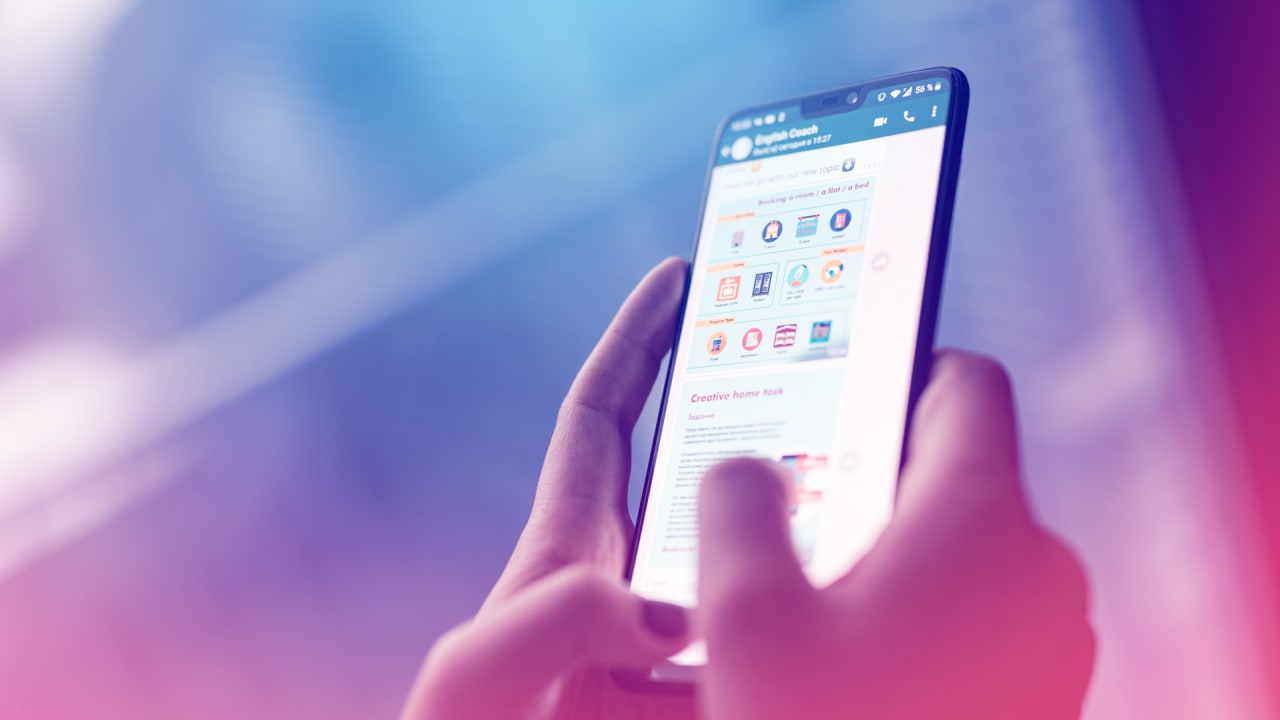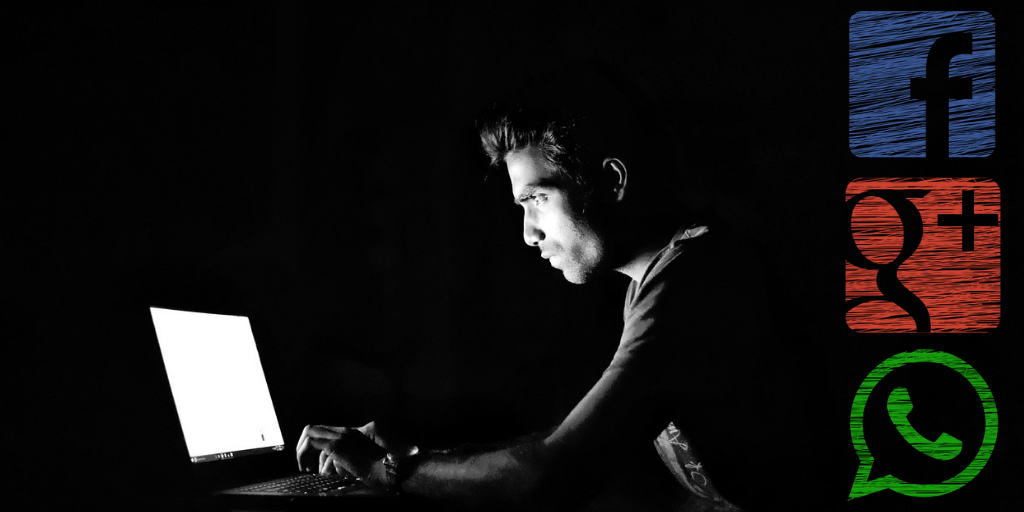- Thread Starter
- #26

The Best and Worst Encrypted Messaging Apps
There’s never been a better time to start encrypting your texts and phone calls. Hackers are breaking into more personal devices than ever before, and
It says, that for Telegram, encryption isn't the default, while being stored on servers. Also, that its encryption is weak and not built by experts.
It recommends Signal instead.

Download Telegram (free) for Windows, macOS, Android, APK, iOS, Linux and Web App | Gizmodo
Telegram is one of the most popular and secure communication apps today, with roughly a billion users. In an era where digital communication is essential, many people choose Telegram as an advanced tool designed to meet diverse needs.
This says that they can tell when you're online, therefore who you're talking to. For most purposes, that's not so bad.
There was an update to this one saying that its MTProto encyption was later improved to be recognized as secure.
Signal, like Telegram, requires a phone number. It seems like a replacement upgrade over Telegram.
Nothing may be "secure", if it needs your mobile phone number to register, IMO.








